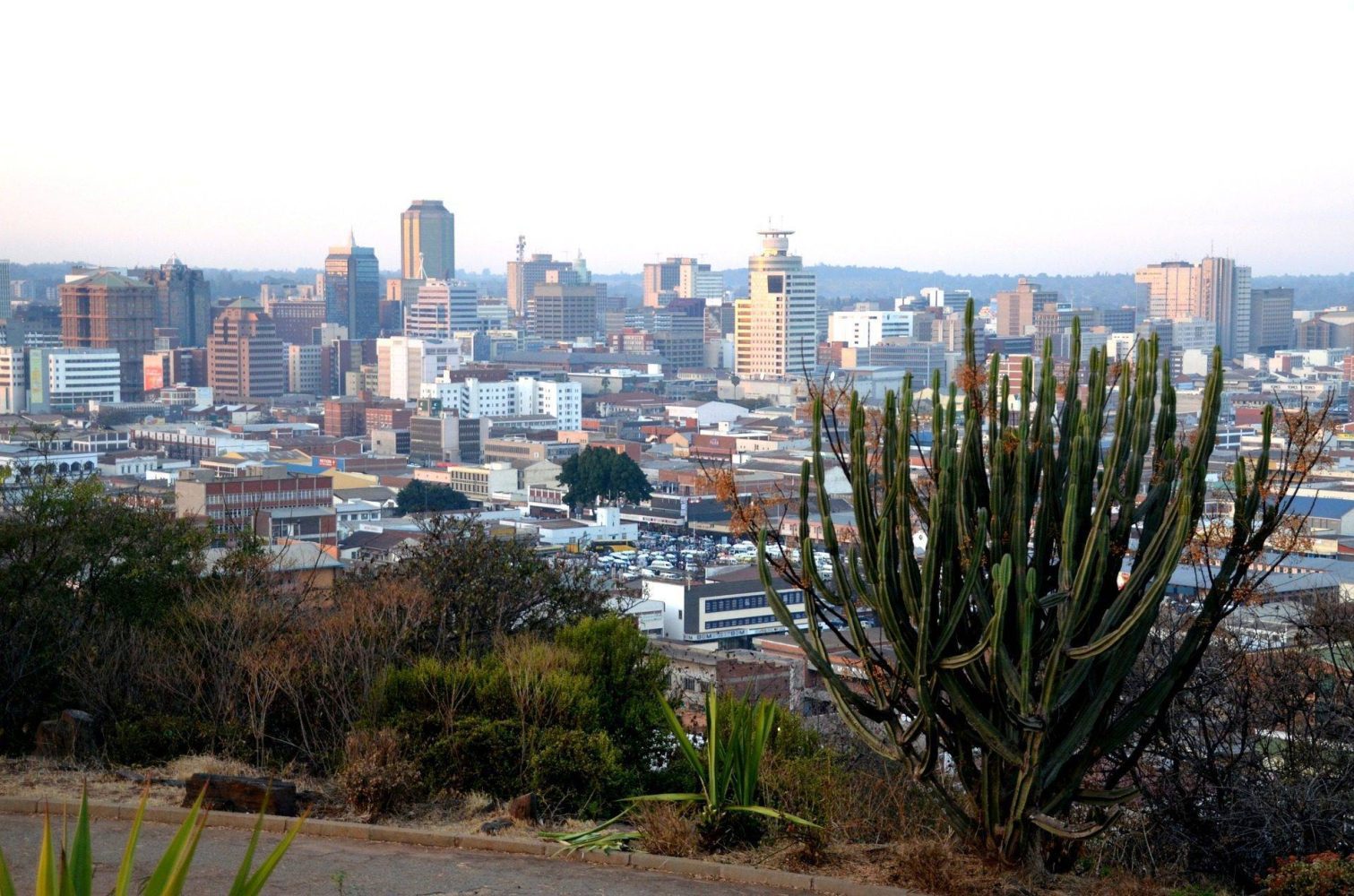Power Cuts Cost Zimbabwe A Staggering USD 200 Mn Per Week

Pressure has been mounted on the government of Zimbabwe to declare the current power crisis a state of emergency.
The Confederation Of Zimbabwe Industries through their Matebeleland Chapter has called on the government to do so since that way, a lasting solution may be found.
“When it’s declared as an emergency, all stakeholders can put their heads together and they can come up with measures to respond to the emergency,” CZI Matebeleland Chapter President Henry Ruzvidzo said while speaking to Standard Business.
He added, “Power is quite a serious challenge at the moment. It has affected us directly and indirectly. Directly in the sense that when there are power cuts, we have no production.”
Zimbabwe National Chamber of Commerce chief executive Christopher Mugaga has revealed that power cuts have led to weekly losses of between USD 150 Mn and USD 200 Mn in lost revenue, production and exports.
The country is currently facing an economic crisis and power cuts are partly to blame for this. A drop in water levels at its Kariba dam, a water source that provides the bulk of power to the country has forced the country to face 18-hour power cuts daily.
The prolonged power cuts have come as a huge blow for both big and small industries and some have cautioned that if a solution is not found soon, they may stop cease operations. A number of companies have reportedly closed shops as a result of the same while others have been forced to scale down operations.
Hardly two weeks ago, Econet services, the country’s biggest mobile services operator experienced a downtime which was a result of power cuts.
Econet among other companies that opted to use generators in their daily operations just to stay afloat is struggling with the high fuel costs that continue to record a dramatic rise. The Zimbabwe Energy Regulatory Authority (Zera) last week increased fuel prices by 23 percent for diesel.
A fuel stabilisation fund is however on the cards and it is anticipated that it will act as a buffer to protect the customers from acute fuel price increases.
The country has been seen to be trying to solve the menace. Recently, it removed import duties on solar-energy-related products in a bid to encourage investments in renewable energy.
The Emmerson Mnangagwa-led state also paid USD 10 Mn to South Africa’s power utility Eskom in order to unlock at least 400MW.
Zimbabwe has not succeeded in importing much power from South Africa and Mozambique, because it owes both countries more than USD 70 Mn.
The power cuts have had huge impacts on businesses and as it stands it us sabotaging moves aimed at recovering the once burgeoning economy.
Featured Image Courtesy: World Footprints